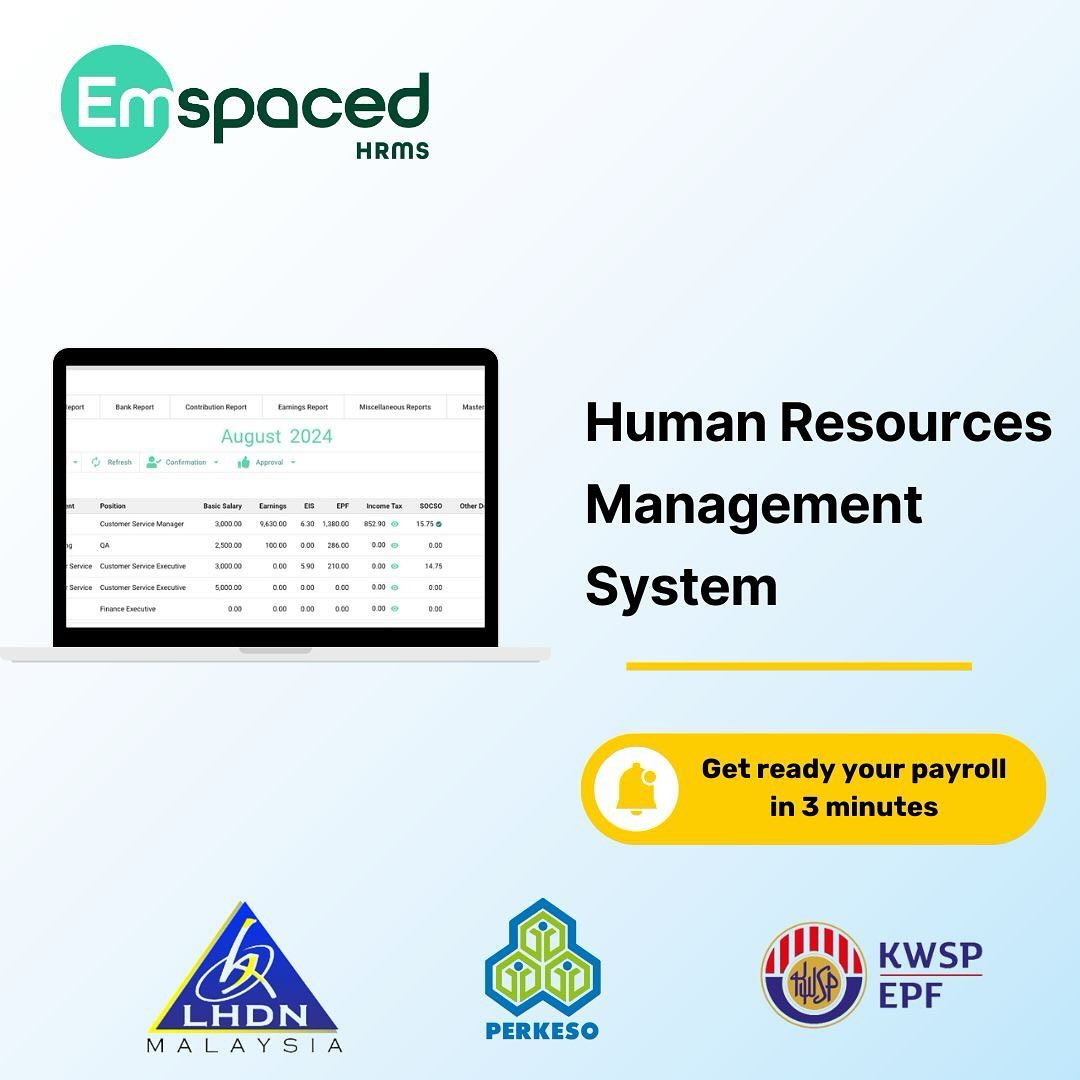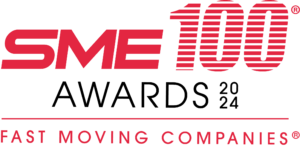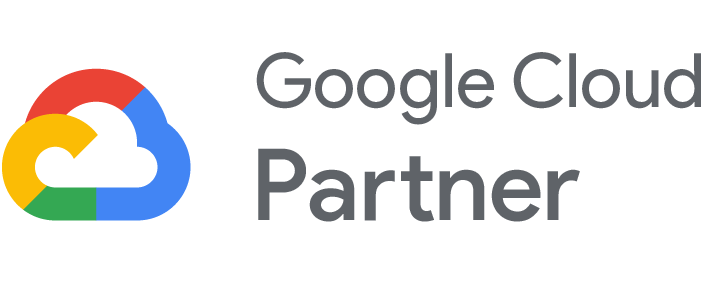6 Must-Have Modules & Features in HRMS for Malaysia Business
In today’s dynamic business landscape, Malaysian companies are increasingly recognizing the critical role of Human Resource Management Systems (HRMS) in streamlining operations, enhancing employee engagement, and driving overall business success. Choosing the right HRMS is paramount, and it’s essential to prioritize systems that encompass a comprehensive suite of modules and features.
Here are six must-have modules and features that every HRMS solution in Malaysia should possess:
-
Comprehensive Payroll Processing & Management:
- Accurate and Timely Calculations: The system must seamlessly handle complex payroll calculations, including salaries, bonuses, commissions, deductions, and statutory contributions such as EPF, SOCSO, and income tax. This ensures accurate and timely salary disbursements while minimizing the risk of errors and penalties.
- Employee Self-Service Portal: Empowering employees with self-service capabilities fosters greater autonomy and reduces administrative burden for the HR department. A robust employee self-service portal should allow employees to access payslips, view tax information, update personal details, and submit leave requests online, enhancing transparency and improving employee satisfaction.
-
Robust Time & Attendance Tracking:
- Real-time Monitoring & Tracking: Real-time tracking of employee attendance and punctuality is essential for accurate payroll calculations, performance management, and ensuring compliance with company policies. This can be achieved through various methods, including biometric devices, GPS tracking, and employee self-service mobile applications.
- Flexible Shift Scheduling & Management: The system should accommodate diverse work arrangements, including flexible shifts, rotational schedules, remote work options, and compressed workweeks. This ensures accurate time tracking and simplifies the management of complex work schedules while maintaining compliance with labor regulations.
- Automated Calculations & Reports: Automating time and attendance calculations, including overtime, leave, and public holiday adjustments, significantly reduces manual effort, minimizes errors, and improves overall efficiency. The system should also generate comprehensive reports on employee attendance, punctuality, and overtime, providing valuable data for performance analysis and decision-making.
-
Streamlined Leave Management:
- Automated Leave Requests & Approvals: A user-friendly interface for employees to submit leave requests online and a streamlined approval process with automated notifications to managers significantly improves efficiency and reduces administrative overhead.
- Comprehensive Leave Policies & Compliance: The system should seamlessly integrate with company leave policies, including different leave types (annual leave, sick leave, maternity leave, etc.), accrual rules, and leave quotas, ensuring compliance with company policies and Malaysian labor laws.
- Centralized Leave Records & Reporting: Maintaining accurate and up-to-date leave records is crucial. The HRMS should provide a centralized platform for tracking employee leave balances, generating leave reports, and ensuring compliance with statutory requirements.
-
Integrated Recruitment & Onboarding:
- Automated Onboarding Processes: Automating onboarding tasks, such as new hire paperwork, background checks, and employee orientation, not only saves time and resources but also enhances the employee onboarding experience by providing a smoother and more efficient transition for new hires.
- Performance Management: The system should support performance management processes, including goal setting, performance reviews, and feedback mechanisms. This helps to improve employee engagement, identify areas for development, and foster a culture of continuous improvement within the organization.
-
User-Friendly Employee Self-Service Portal:
- Employee Information Management: Empower employees to access and update their personal information, such as contact details, emergency contacts, and bank information, ensuring data accuracy and reducing administrative burden for the HR department.
- Leave Management & Payroll Access: The portal should facilitate seamless leave requests, approvals, and tracking of leave balances. It should also provide convenient access to view and download payslips, tax statements, and other relevant payroll and benefits information.
- Communication & Collaboration: The portal can also serve as a platform for internal communication, enabling employees to access company news, policies, and other important information.
-
Advanced Data Analytics & Reporting:
- Customizable Reports: Generate a wide range of customizable reports on various HR aspects, including employee demographics, attendance, performance, and compensation.
- Data-Driven Decision Making: Utilize data insights to make informed decisions regarding HR strategies, identify areas for improvement, and optimize HR processes to enhance overall business performance.
By selecting an HRMS in Malaysia with these essential modules and features, businesses can streamline HR processes, improve efficiency, enhance employee engagement, and ensure compliance with all relevant regulations, ultimately contributing to a more productive, engaged, and successful workforce.






